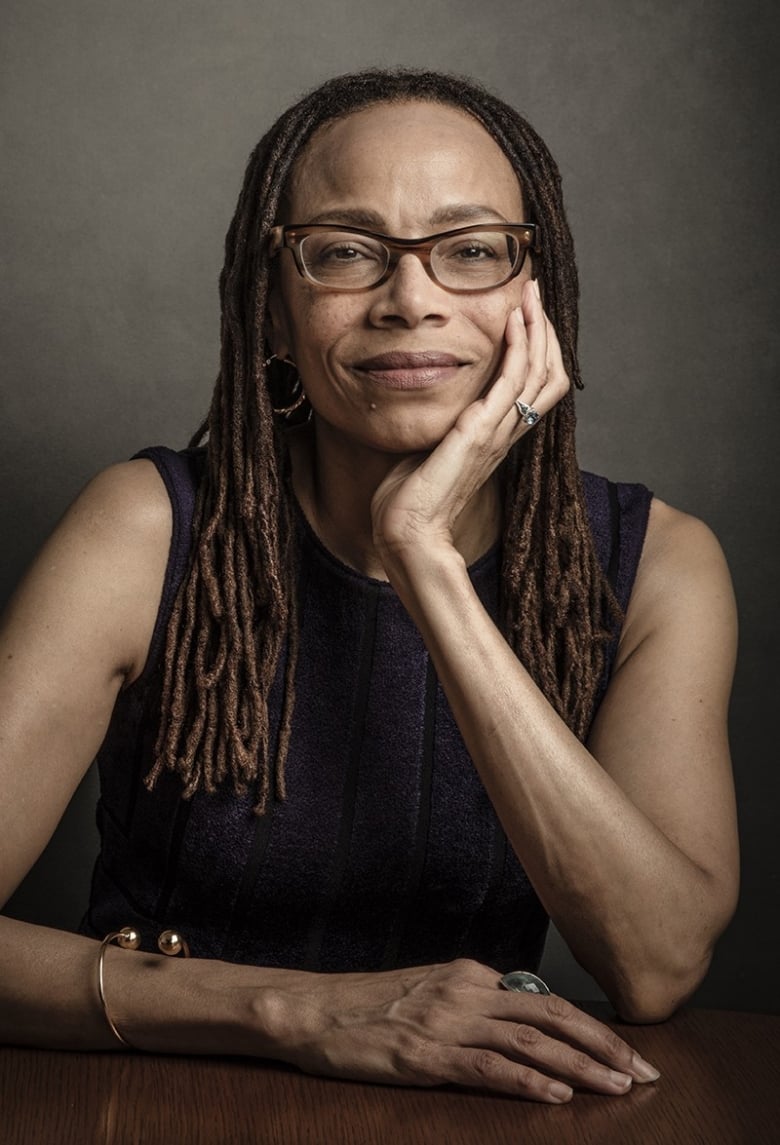The use of the concept of biological race in biomedicine systematically harms marginalized racial groups, said Dorothy E. Roberts, a professor of law and sociology at the University of Pennsylvania, in a Thursday lecture.
Co-hosted by the Department of Genetics at the Stanford School of Medicine, the event was intended to help the School of Medicine community learn to “actively work together to overcome institutionalized racism in research and medical practice.”
During her lecture, “Ending the Legacy of Racism in Medicine,” Roberts described the origin of the harmful concept of biological race and explained that the concept persists in biomedical research and practice today.
It is important, Roberts said, to understand that the concept of biological race was invented by European scientists during the Enlightenment “to support white supremacy, colonialism and slavery.” The concept of biological race was “an excuse for enslaving people” at a time when European colonization had already begun, Roberts said, adding that its promotion in medicine was a “way of justifying oppression of Black and also Indigenous people.”
Roberts referred to recent research from scientists at the Human Genome Project, an approximately 13-year research project published in 2003 that aimed to map all human genes. The project’s results indicate that race is not biological, and that humans contain considerable genetic variation regardless of how they are racialized. Despite the project’s findings, however, it was followed by a renewed interest in race-based genetics, and the concept of biological race persisted in biomedicine.
Over the past decade, Roberts has worked to set the record straight. In 2011, she published a groundbreaking book titled “Fatal Invention: How Science, Politics, and Big Business Re-create Race in the Twenty-First Century.” The book examines how genomic scientists and social scientists promote a “new biopolitics of race” that uses genetics to explain racial inequities.
“Racism gets embodied,” said Roberts. “It’s not a biological category that produces these disparities — it’s a political category that does have staggering biological consequences, but because of the impact of social inequality on people’s health.”
One example of the persistence of the concept of biological race in medicine is the practice of race correction — the factoring of race into medical calculations and decision-making. For example, estimated glomerular filtration rate (eGFR), a measure of how well a patient’s kidneys are filtering their blood, is reported differently for Black and non-Black patients “in a way that adjusts upward to a healthier number for Black patients,” said Roberts. Several medical organizations have recently pushed to remove race from eGFR calculations.
Race correction ignores the harms of race-based medicine, Roberts said. One such harm is the systematic undertreatment of Black patients’ pain. Another is the racial disparity in how physicians evaluate pediatric injuries and report parents to Child Protective Services, a topic Roberts examines in her book “Torn Apart: How the Child Welfare System Destroys Black Families — and How Abolition Can Build a Safer World.” Between 2015 and 2018, 31,000 Black patients were deemed ineligible for kidney-transplant evaluation and inclusion on the transplant waitlist due to the eGFR race correction.
Roberts said biomedical researchers, practitioners and students can “confront racism” by looking to the humanities and social sciences to develop an understanding of structural issues and to creatively approach and organize around those issues. “Healthcare should be antiracist,” she added.
Healthcare professionals should engage with the people of the communities “disadvantaged by the structural factors that produce poor health,” Roberts said. She advised healthcare workers to advocate for “change that would actually reduce health inequities,” such as universal healthcare, affordable housing and educational equity. Healthcare professionals play a big role in the surveillance of Black and Indigenous communities as part of the child welfare system, according to Roberts.
She said structural issues should be approached through an abolition mindset. Abolition means “replacing these violent systems, these destructive systems, these punitive systems, with a radically different approach to caring for families.”
“It takes organizing and struggle and work,” said Roberts. “But we have to have this vision and be working toward it.”
